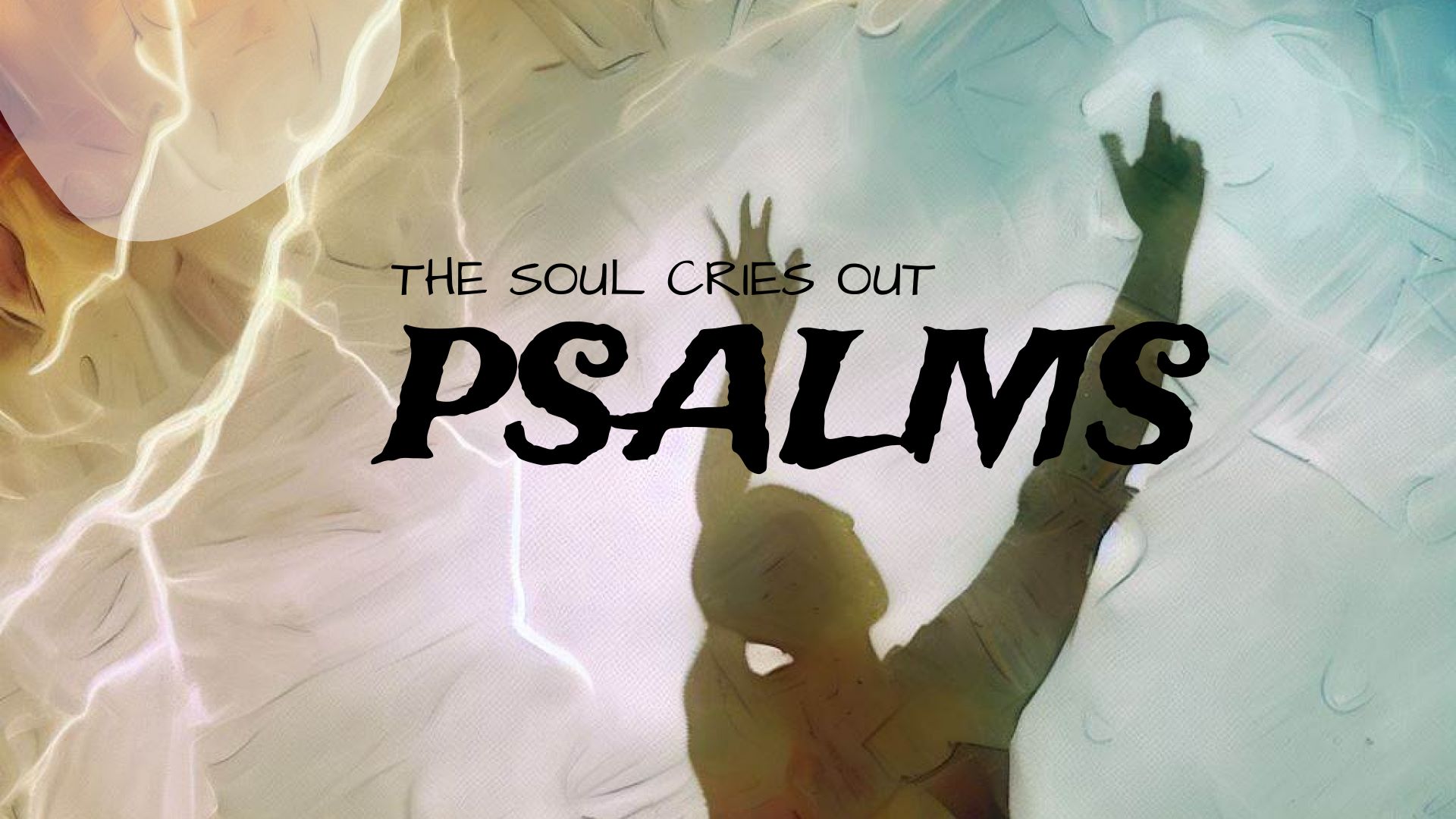Seeing, Believing, and Charity
Seeing is believing, as the old saying goes. Or a common one on the internet, “if there aren’t pictures, it didn’t happen.” These sayings neatly present a simple reality of how we as human beings live in the world: we depend a lot on our eyes. What we see has enormous influence on what we think, feel, and believe. That’s nothing new. But today there is something new. Today, it is easier than ever to make pictures that aren’t what they seem.
AI pictures
For nearly as long as there have been pictures, people have made fake pictures. In days of old, it took a fair deal of creativity and skill to pull off a decent fake picture. But no longer. Thanks to developments in artificial intelligence image generators, it takes shockingly little effort to make a reasonably good picture. But how good?
Surely, you will be able to tell the difference. Why don’t you give it a try?
You might be a little disoriented that it’s on a German website and in German, but you can handle this. All you have to do, is choose whether you think the picture is Fake, or a Foto (that’s German for “photo,”; I bet you figured that out because you’re clever). After each result, you’ll see a percentage pop up. That is the percent of people who guessed right.
Why don’t you go check it out?
Seeing and believing
Assuming you tried out the quiz (and if you haven’t, go do it—it is pretty fun), consider the following. At the time I took the quiz, the collective accuracy of people was right around 64%. To put that into perspective, that’s not much better results than the same amount of people taking the test would get if they just guessed randomly without looking at the pictures at all!

Naturally, this image is from an AI image generator. The prompt that elicited it: guessing with a blindfold, cartoon.
The results of this quiz suggest there’s a very high likelihood you will see fake pictures generated by artificial intelligence and not be able to recognize they are fake!!
Charity
No, the sky is not falling
Life will go on. You don’t need to invest all your savings in gold and go live off-the grid to try to avoid the computer apocalypse (at least not yet, anyway 😊).
But, it is time for us to start the long, slow process of preparing ourselves for living in a world where fake pictures are indistinguishable from the real, at least much of the time. Since what we see has such a strong influence on what we believe to be true, it’s going to take some work on our parts to live in this brave new world.
One key plank in our preparations for this high-tech world is the decidedly ancient Christian practice of charity. Charity is the effort to believe the best about other people and to assume that they act with consistent intentions and in ways consistent with their character. Of course, this “believe the best about people” can be grossly abused. Often people prove that we should not believe the best about them. But charity is going to become increasingly necessary. After all, it has never been easier to make a compromising picture or clip of someone and weaponize it against them. All it takes is a bit of time on an AI image generator. Anyone can do it.
Practicing charity with pictures we see online will better prepare us to treat the real people in our lives with charity. Jesus modeled a way of treating others that held together justice and mercy—a pathway of charity. A big part of charity is to see people not just for what they are now, but for what they can become through God’s grace. If having to wade through AI generated pictures helps us train in charity, then it won’t be all bad.
Even if it will be unsettling, confusing, amusing, and a little bit scary.
And just for fun
Here is the response ChatGPT spit out when I asked it to summarize this blog post in two sentences:
The article discusses the prevalence of fake pictures created through artificial intelligence and highlights the challenge of distinguishing between real and fake images. It emphasizes the importance of practicing charity in the digital age, as the ability to believe the best about others and treat them with grace becomes increasingly necessary in a world where manipulated images can be used to harm individuals.
Not bad. Although it feels funny to me to cite AI-generated text in a quote.
June 25, 2023 Church Service
11 Cries of the soul from the book of Psalms
The writer Christian Wiman artistically captures one of the central dynamics of the book of Psalms, saying:
“Abundance and destitution are two facets of the one face of God, and to be spiritually alive in the fullest sense is to recall one when we are standing squarely in the midst of the other.”
My Bright Abyss: Meditation of a Modern Believer, 112
Journeying through the book of Psalms brings you through (1) seasons where everything is well in the world, (2) seasons where nothing is well, and (3) the time of emerging from seasons of distress into new seasons of joy. One reason why Psalms is so powerful is that not only does it speak to the seasons of life, but it speaks through them as well. That is, it teaches our souls how to cry out to God in all of life. Psalms emerges from the place of God’s people wrestling to know God and the result is more than just a bunch of poems. The psalms give a voice to the heart and teach the soul how to sing.
The journey
Our 11 weeks in the book of Psalms takes us only through a small portion of the wealth of the 150 different psalms found there.
But these 11 psalms capture some of the key ways that Psalms aims to shape our souls. And that is really important. Psalms is not in the Bible just to be neat poetry; rather, it is there to shape our souls so that they walk with and cry to God in tune with him.
Here are 11 ways your soul should cry out to God:
- Psalms 1-2: sing the song of blessed submission as you learn blessedness through submission to Torah (God’s word) and Messiah (God’s Anointed rescuer and ruler)
- Psalm 8: cry out God’s majesty as a director of the world in praising God
- Psalm 145: cry out with thankfulness for God’s robust and complex goodness in this world
- Psalm 86: praise God in the midst of the storms of life
- Psalm 88: learn to lament (it is worship, too)
- Psalm 79: cry out against brokenness with passion for God’s saving and judging acts
- Psalm 109: cry out in your anger toward God to find the stability and peace to speak in love towards your neighbor
- Psalm 23: praise God for the settled peace of being his—in the darkest valley or at the exalted banquet table
- Psalm 117: cry out the praises of God with such brilliance that others see his steadfast love is beautiful
- Psalm 136: worship God for the simple and life-alter reality: his enduring love is the greatest thing EVER
- Psalm 150: cry out to God because “Praise God” is the point of life
Leaving the Psalms
This brief sermon series in the book of Psalms barely touches at the riches therein. There is much more to learn.
Crying comes naturally to a baby. The baby feels a need and cries out over it. Crying at this basic, instinctual level is useful. But it is a crude and limited form of communication. As the baby grows up, crying in this instinctual way becomes more and more a limitation rather than a help. The child needs a more robust way of communicating the needs and desires of the soul.
In a similar way, crying out to God comes naturally to his children. But our instinctual cries stand in need of honing, shaping, and maturing as we come to better know God, his intentions, and this world he has created. Mine the Psalms. Meditate on the Psalms. More so than any other place in Scripture, here your soul is schooled in crying out to God in all of life.
Check out guidance here from Dr. Donald Whitney on praying the psalms and praying the Bible. This is life-changing guidance on prayer!
Shape it well through long years of steady observance and practice.
June 18, 2023 Church Service
Adversaries and anger
In Psalm 79 and 109 we see the psalmist crying out in anger against adversaries. Parts of each of these psalms sound pretty harsh. But they do address an important part of life: the reality of adversaries. We all have adversaries of some sort at points in our lives. The book of Psalms, wonderful for so many reasons, gives us guidance on how our hearts should move towards God and others when we are angry because of difficult people and difficult situations in life.
Responding to adversaries in difficulty
Adversaries come in many shapes and sizes. We can consider people bringing difficulties into life as “adversaries.” Maybe, like the psalmists, your adversaries are people scheming about how to kill you. More likely, they are people plotting your downfall at work, a family member who always manages to create chaos whenever they show up, a class bully, or a medical provider who doesn’t take you seriously. The list of possible adversaries is nearly endless. They all share in common the ability to elicit anger as they bring difficulties into life.
There are many ways we can respond to difficult people and difficult situations in life. Here are four ways we can respond to adversaries and the anger they inspire in life: (1) dreaming, (2) scheming, (3) bearing, and (4) moving.
dreaming
By dreaming I mean the sort of wishful hoping for the downfall of your adversary. Maybe you silently wish your coworker would get fired; or that your obnoxious neighbor will get caught violating the city rules and be forced to change their ways. Whatever it be, dreaming involves a sort of curse: “I hope you choke.”
scheming
If dreaming is wishing for the downfall of your adversary, scheming takes it one step further. Here you are actively planning how to bring about the shame and/or downfall of those who have hurt you.
Scheming may take the form of passing around juicy stories—whether true or false—with the aim of exposing your adversary to ridicule. Or, in a more extreme form, scheming can involve creating traps that directly threaten the life and well-being of an adversary: political, financial, relational.
Scheming can feel good because it is taking initiative and using our power to fix the situation.
bearing
Often, the adversaries of our lives will pass by, if we are content to wait for a time. And if you are prone towards stubbornness, waiting emerges as an obvious approach to conflict. Bearing allows you to deal with your adversaries by not dealing with them. You may bear with your adversaries and the anger and frustration they bring into life because you are strong and can take it; you may bear with them because you feel like you deserve the difficulties they bring into your life. Whatever the reason, bearing concludes that it is better to put up with injustice than to try to do anything about it.
moving
Another possible response to adversaries is to move. That is, moving towards God. Moving involves turning toward God in prayer about our adversaries, driven by the anger and frustration they cause within us. This is, I submit, the basic posture which Psalm 79 and 109 recommend in dealing with adversaries. Moving toward God in prayer while angry is an exercise in expressing ourselves towards God rather than towards our neighbor.
Responding by moving toward God in prayer differs in a couple key ways from the other responses above. It acknowledges that God is ultimately in charge of justice, it acknowledges that my resources for dealing with difficulties and difficult people are very limited, and it also acknowledges that anger is not a wrong part of how we function. Anger should drive us toward God, who is big enough to hear our anger, strong enough to bear it, and wise enough to patiently redirect our anger where it should be, rather than leave it in the misplaced directions we so often vent our anger in.
Conclusion
Life is full of adversaries. Most are small and passing; some are big and lasting. People and situations in life lead us again and again into anger by bringing difficulties and frustrations into life. The question is not, “Will you get angry?” but rather, “How will your anger play out?”
As adversity moves into your life, where does anger lead you? If it does not lead you to God in prayer, than your anger will certainly emerge as a force of destruction to you and to others. The Psalms guide us not only in how to praise God, but in how to respond in our anger towards adversaries in our lives: by moving towards God in prayer.
Photo by Alexandra Mirgheș on Unsplash


